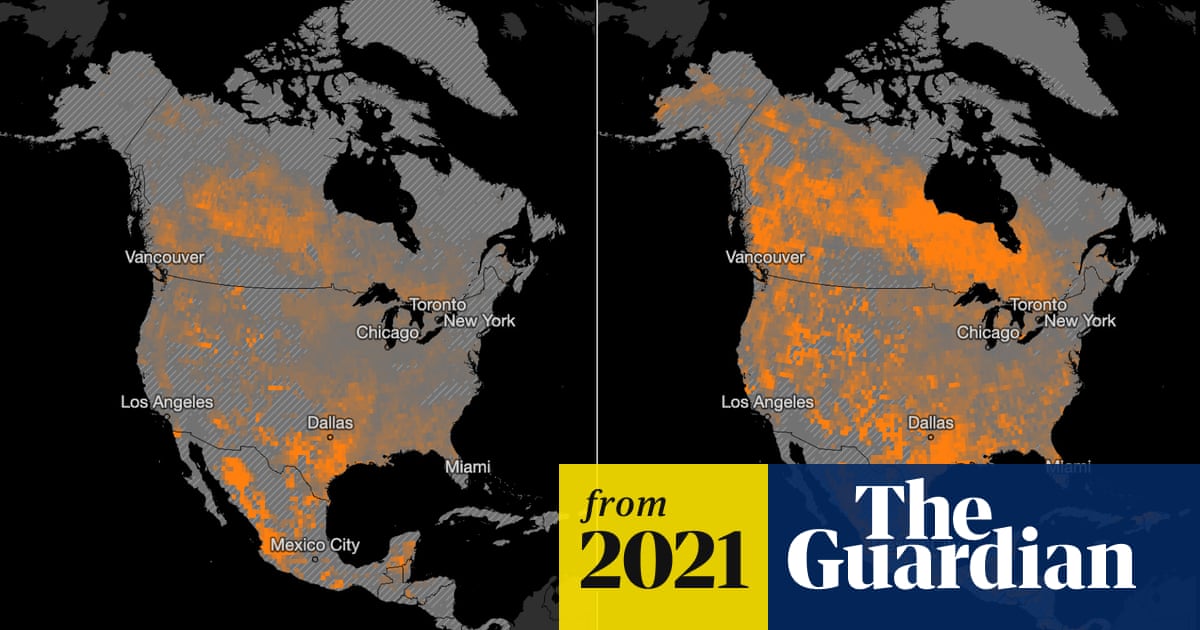mspohr
Well-Known Member

Geoengineering by Gernot Wagner review – a stark warning
Spraying aerosols into the atmosphere may be fraught with risk, but to dismiss it out of hand is irresponsible, a climate scientist argues
Gernot Wagner has spent a large part of his life thinking about solar geoengineering, and even he thinks it is “nuts”, as he says in the first line of his book. Geoengineering is usually defined as large-scale interventions in our climate. Here, although Wagner refers briefly to carbon removal and natural climate solutions such as tree-planting, he is mainly concerned with solar geoengineering (also called solar radiation management), where aerosols would be deployed into the stratosphere to reflect sunlight back into space and reduce the amount of heat coming in. The comparison he returns to most often is that of the ash from a volcanic explosion.
Solar geoengineering could also – this is the highly imperfect part – have a long list of downsides. They include its possible impact on rainfall, leading to drought and thus potentially millions of deaths; ozone depletion; continued ocean acidification; impact on plants and whitening of skies. Then there is the governance issue: who would be in charge of the programme? What would be the best way to run such a thing?





